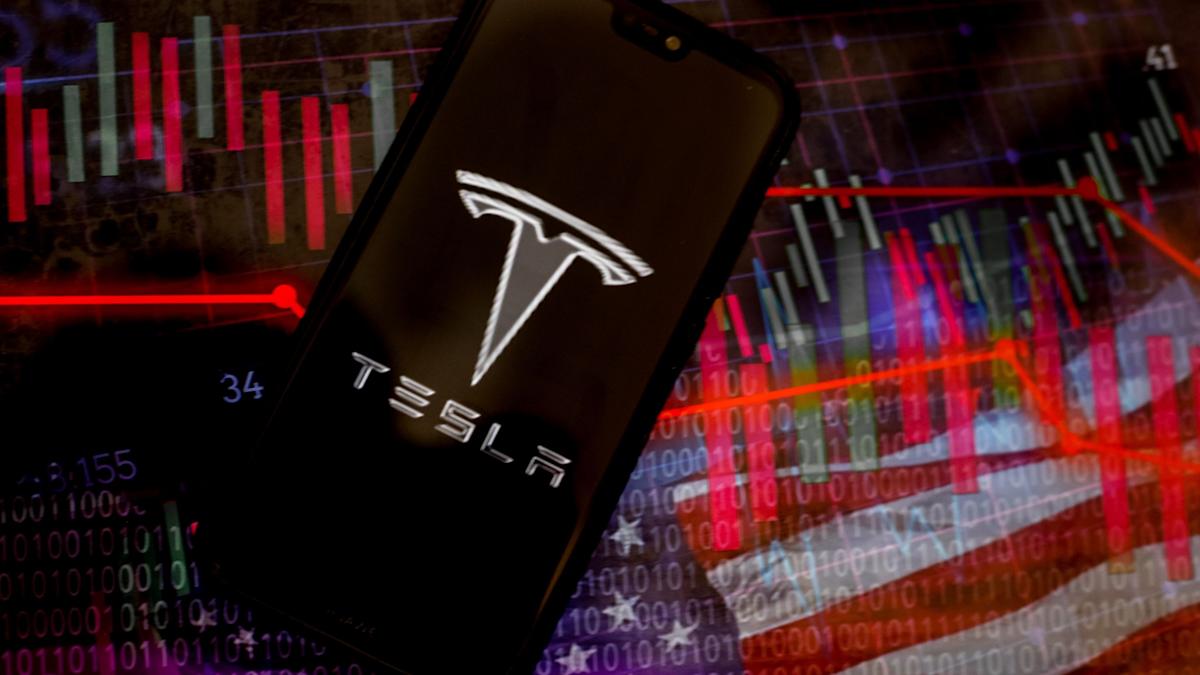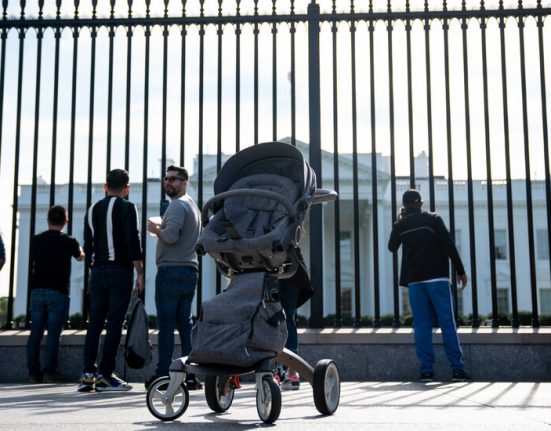Tesla investors have had a rough go in 2025, with a stock price that’s down by more than one-fifth year-to-date and a major slump in global electric vehicle sales.
I’m a Self-Made Millionaire: 5 Stocks You Shouldn’t Sell
Learn More: How Far $750K Plus Social Security Goes in Retirement in Every US Region
Now, the Elon Musk-led company faces more grim news in the form of President Donald Trump’s “Big Beautiful” spending bill, which was signed into law on July 4th. Among other things, the bill will bring an end to federal tax credits on certain EVs.
Here are three ways the bill could hit Tesla investors.
Federal tax incentives played a big role in boosting Tesla’s EV sales in recent years, but those incentives will soon come to an end. Because of Trump’s bill, buyers have until Sept. 30 to qualify for the federal tax credits on Tesla EVs before they’re terminated, CBS News reported.
Before the bill passed, new EVs came with a $7,500 federal tax credit, while used EVs came with credits of up to $4,000. The idea behind the credits was to make EVs more affordable.
That’s important, because the average purchase price of a new EV is about $9,000 higher in the U.S. than the average new gas-powered car, according to Kelley Blue Book data cited by CBS News. Used EVs cost roughly $2,000 more than comparable gas cars, on average.
An end to the tax credit will hurt Tesla — and Tesla shareholders — because it narrows the number of potential EV buyers.
I Sold My Tesla: Here’s How Much I Got for It and What I’m Driving Instead
As Business Insider reported, one key provision in the new bill is that cars made by companies that sold more than 200,000 “accepted” EVs between December 31, 2009 and December 31, 2025 do not qualify for the tax credit. This provision will mainly impact Tesla, which sells a lot more cars than that in a single quarter.
In contrast, rivals Rivian and Lucid have not reached the 200,000 milestone, meaning their customers can still get tax credits. This could give them an edge against Tesla, at least over the short term.
Tesla’s EV sales have already slumped badly this year. The company recently posted second-quarter car sales of 384,122 — down 13.5% from the previous year, CNN reported. It was the biggest year-over-year decline in Tesla history, and followed a similarly dismal first quarter.
Trump’s spending bill will likely hurt sales even further because buyers will no longer have the same tax incentives. This means they’ll have to dish out more money to buy a Tesla than in the past.



